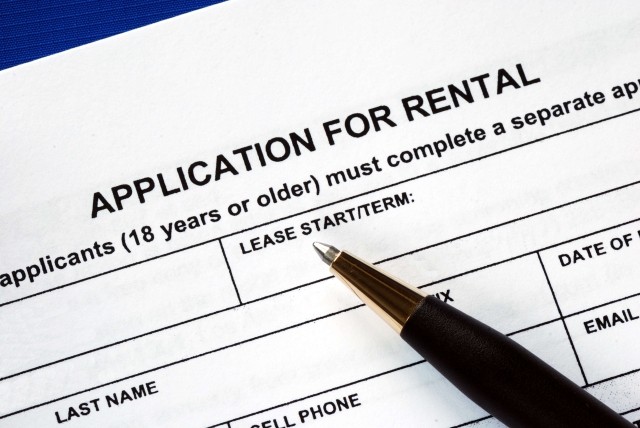Navigating the world of property management can be complex, especially when it involves finding the right tenant who meets all your criteria. While credit scores and stable incomes are the benchmarks for suitability, there are often cases where potential tenants might not entirely meet these stipulations. This is where co-signers and guarantors become vital. In this article, we'll delve into the nuances of involving third parties in lease agreements.
Understanding the Basics: Co-Signers & Guarantors
First things first, let's clear up what exactly co-signers and guarantors are. In a nutshell, they're folks who agree to take on the financial responsibility if your tenant can't or won't pay rent. They're like your safety net, providing you with that extra layer of security.
What Is a Guarantor?
A guarantor is someone who assumes financial responsibility for a rental property if the tenant fails to pay rent. They are not considered a tenant and cannot live in the unit. Guarantors serve as a backup plan for landlords and property managers in case of rent non-payment or damages. They can be a parent, family member, close friend, or anyone willing and able to take on this responsibility.
What Is a Co-Signer?
A cosigner serves as an additional tenant and differs from a guarantor. They sign the lease alongside the tenant and have the right to reside in the unit. A cosigner, who can be a family member, significant other, or friend, shares the financial responsibility for rent, fees, and possible damages. They have the option to live in the unit and pay their portion of the rent, while also being liable for the outstanding amount if the other tenant fails to pay.
The main difference? A cosigner and a guarantor differ in their responsibilities regarding rent payment. A cosigner is immediately responsible for paying rent, like the tenant. On the other hand, a guarantor is only responsible for paying rent if the tenant fails to do so.
Why You Should Consider Screening Co-Signers & Guarantors
Now, you might be thinking, "Why should I bother screening co-signers and guarantors? Aren't they just backup?" Well, here's the thing. Just like your tenants, these individuals have a significant impact on your property's financial health. After all, they're the ones who'll step in if your current tenant cannot pay rent. Screening co-signers and guarantors allows you to assess their financial stability and reliability. It's about making sure they can fulfill their obligations if the need arises.
How Does a Landlord Screen a Co-Signer and Guarantor?
The screening process for co-signers and guarantors isn't too different from that of tenants. The best way to screen anyone, whether it is tenants, co-signers, or guarantors, is to start with a rental application to collect information on their credit score, employment history, and any previous evictions or criminal issues. Once a tenant, co-signer, or guarantor completes their application, you can screen them through Apartments.com. Once you receive the screening report, you look at credit scores, employment status, income level, and rental history. But remember, you're not just looking for any co-signer or guarantor – you want someone who's financially stable and reliable.
A good rule of thumb? Look for a co-signer or guarantor who earns at least three times the monthly rent. This ensures they can comfortably cover the rent if your tenant can't.
The Legalities: Staying on the Right Side of the Law
When screening co-signers and guarantors, it's crucial to stay on the right side of the law. Fair Housing laws apply to co-signers and guarantors, too, meaning you can't discriminate based on race, color, national origin, religion, sex, familial status, or disability. Always keep these laws in mind and ensure your screening process aligns with them. When in doubt, consult a legal professional to ensure you follow all local, federal, and state laws.
Using a lease guarantor or co-signer can help ensure timely rent payments, even if the original tenant doesn't meet all requirements. With Apartments.com, you can thoroughly screen potential renters through a comprehensive rental application to ensure you can create the best landlord-tenant relationship and receive your rental income in a timely manner.











